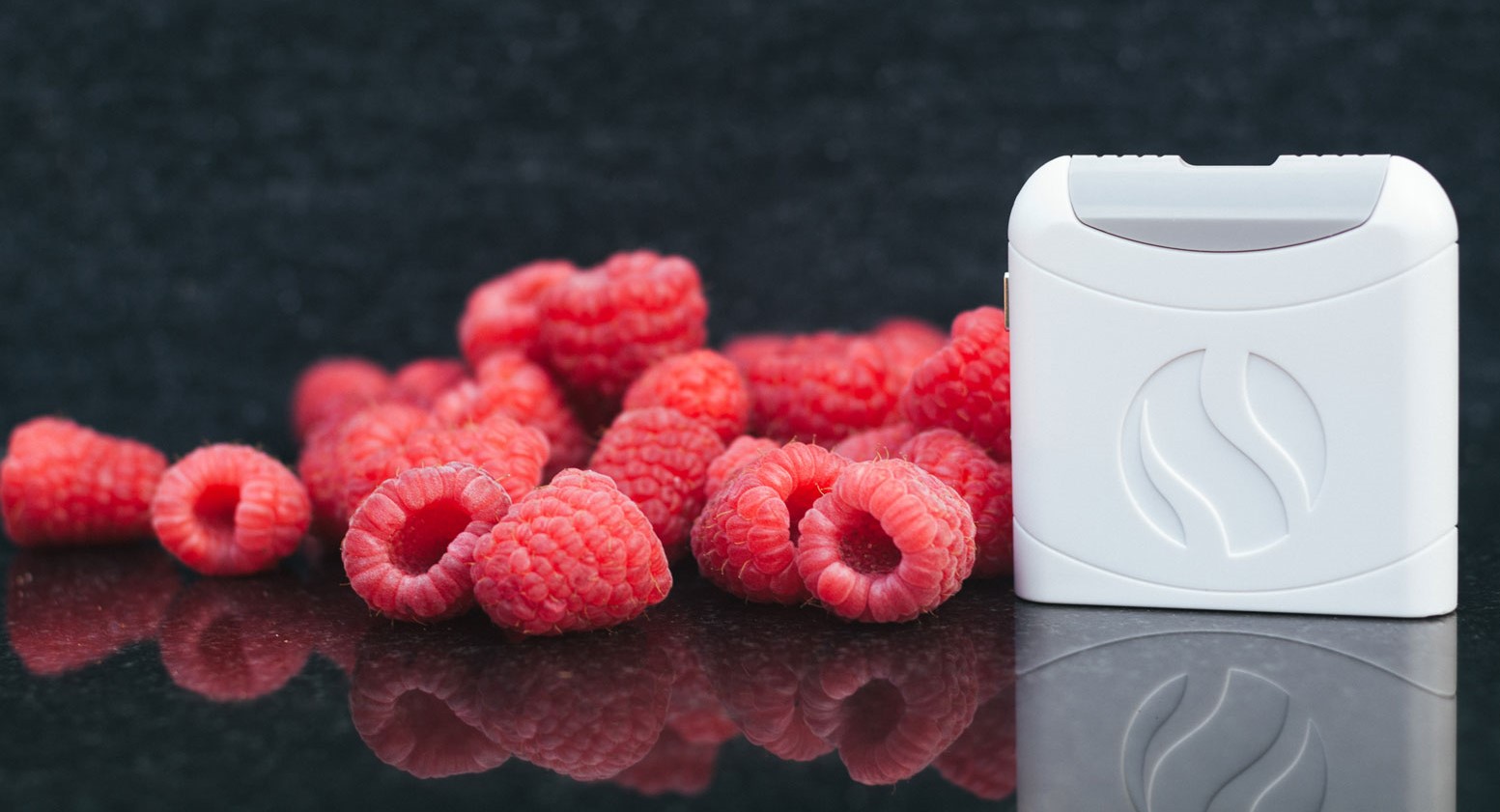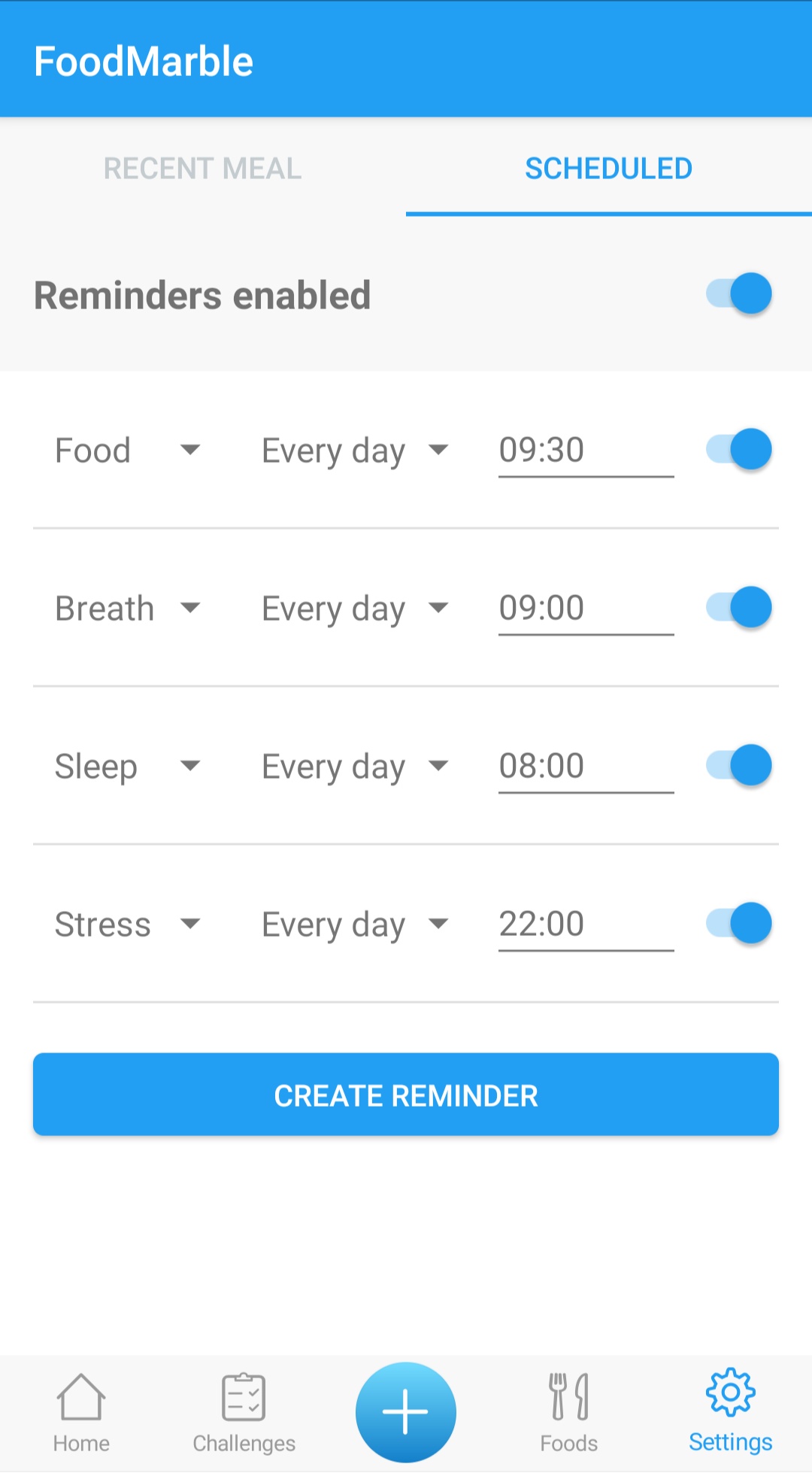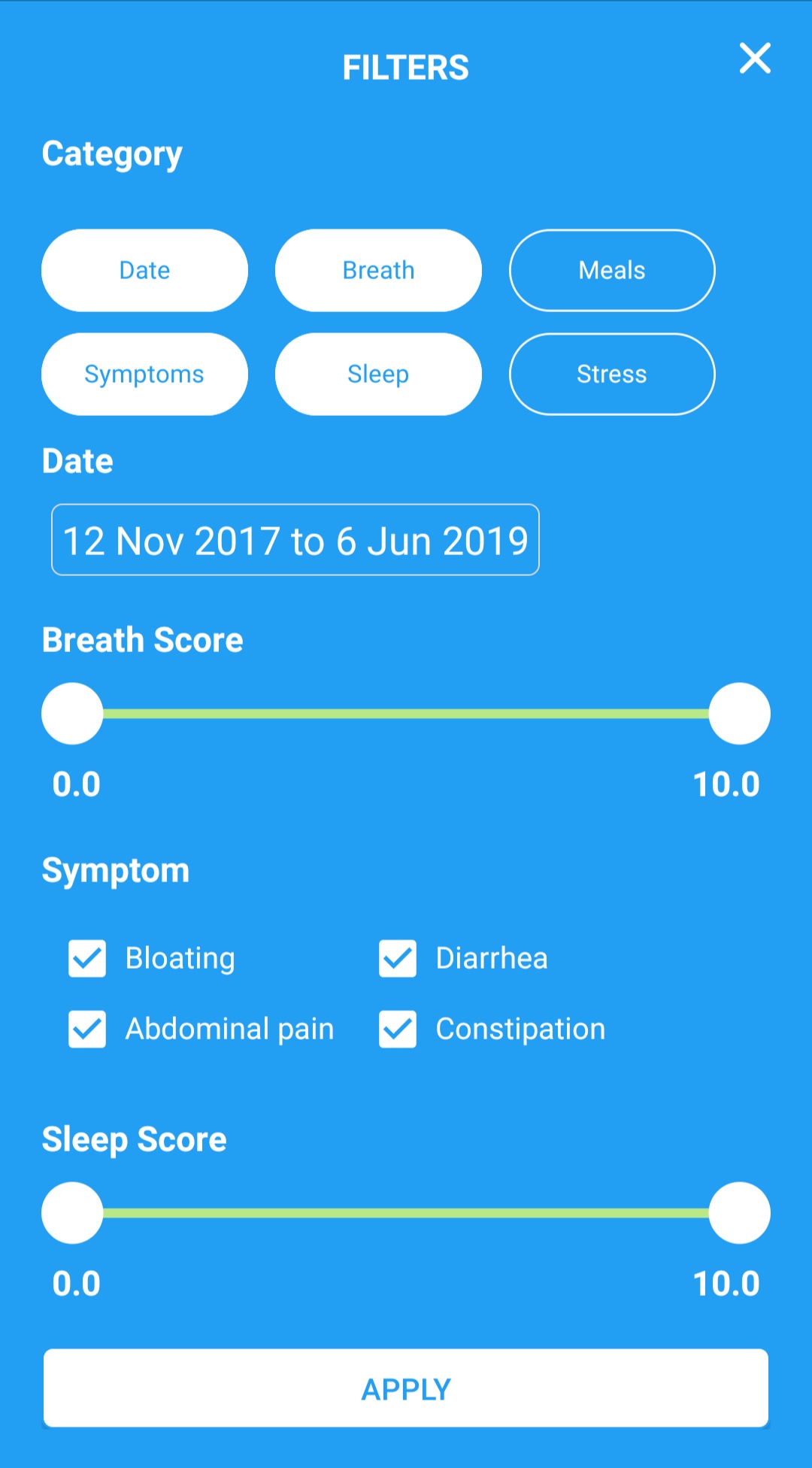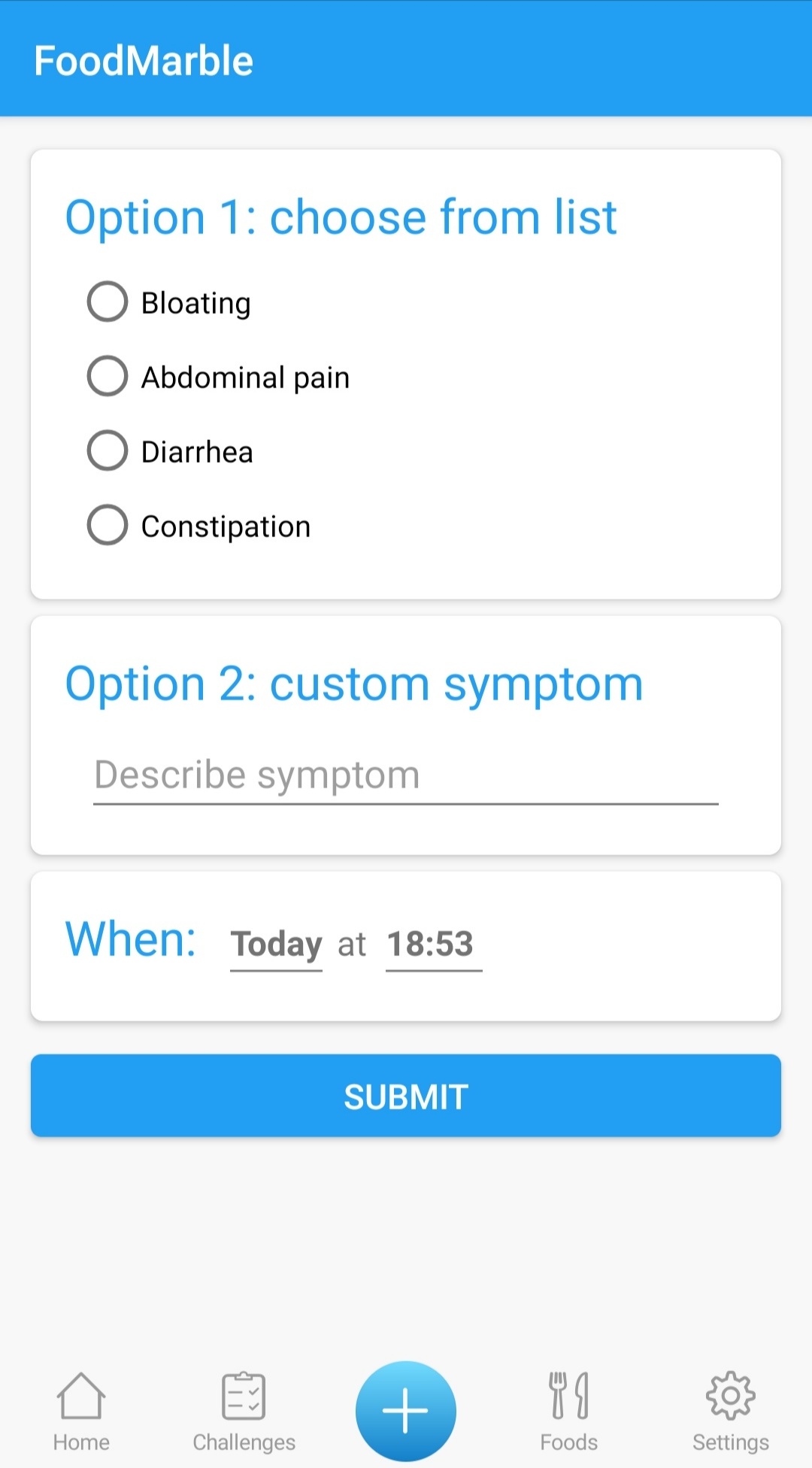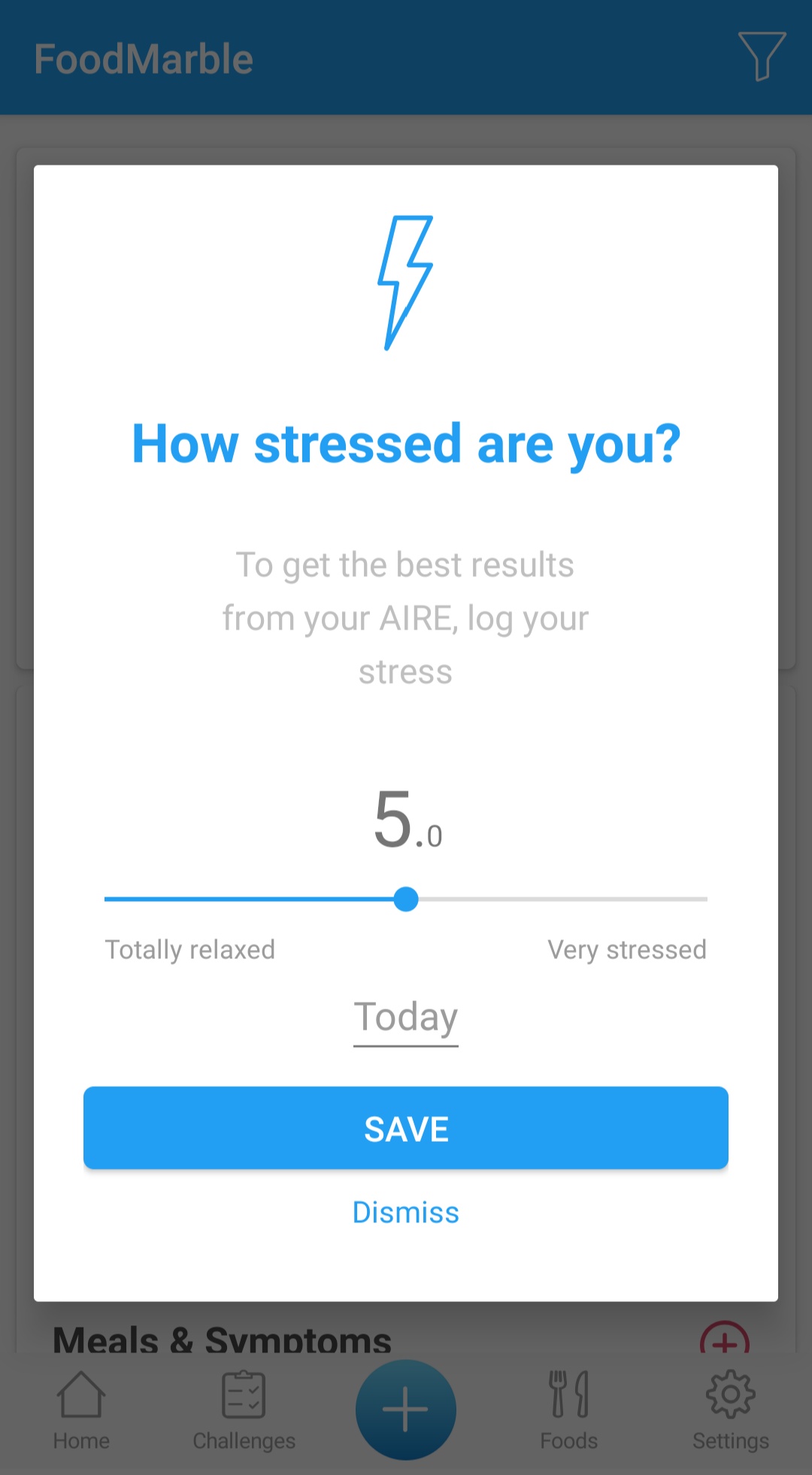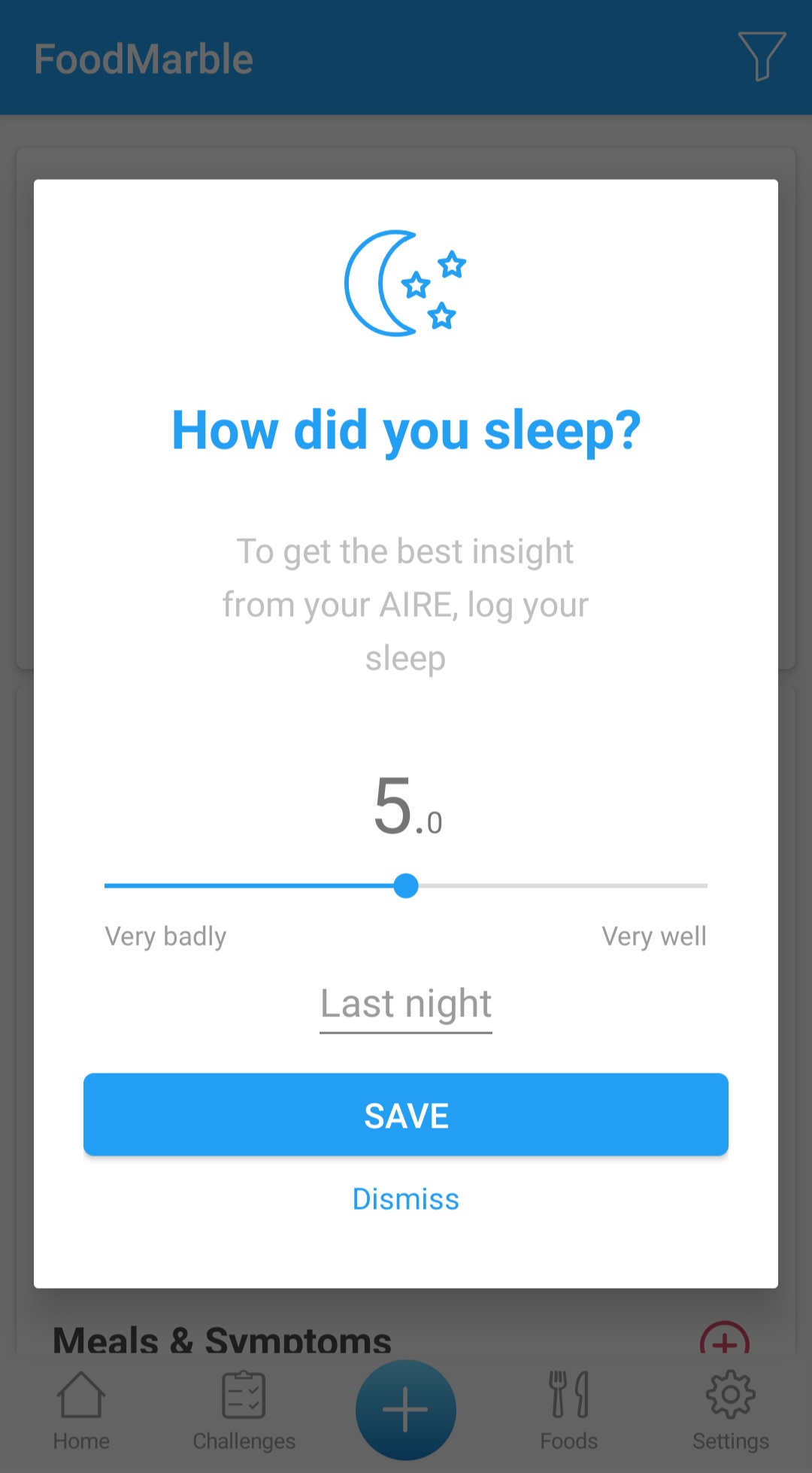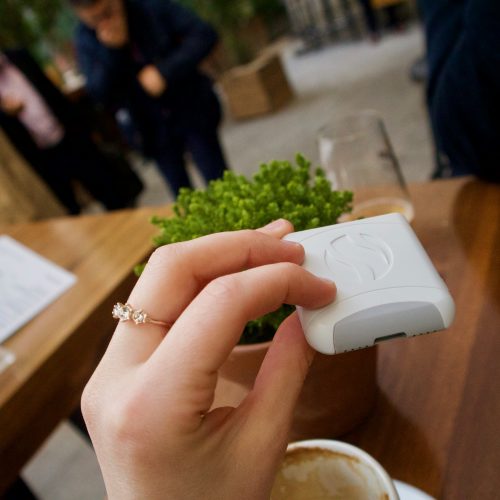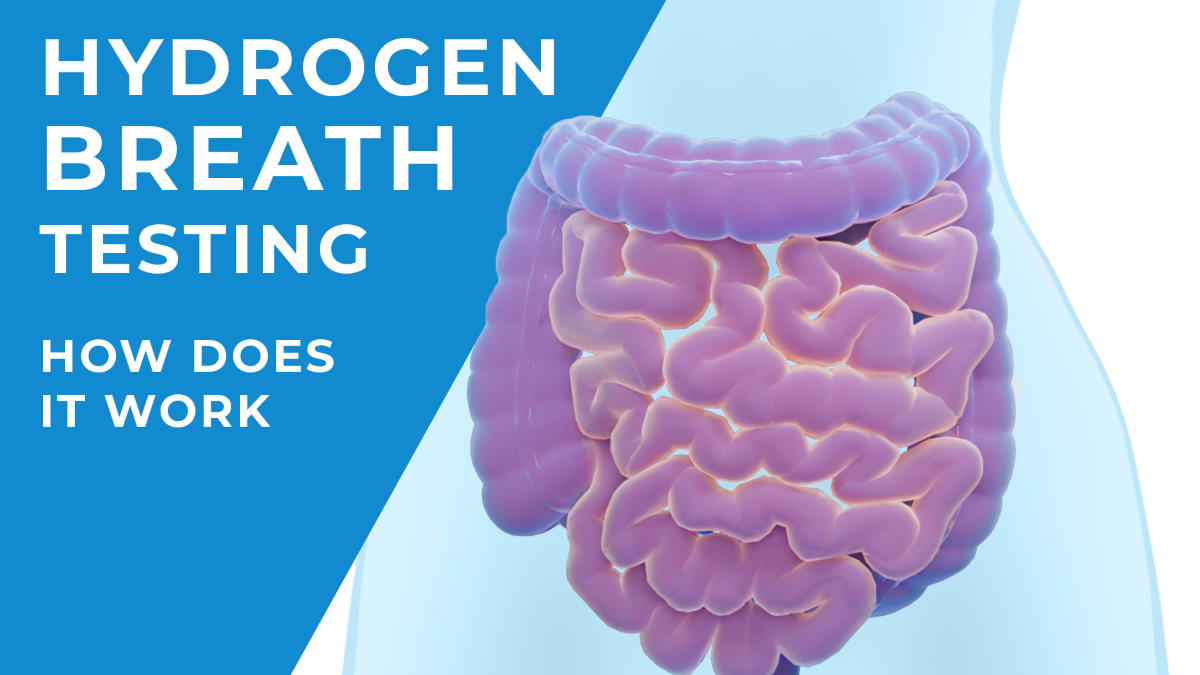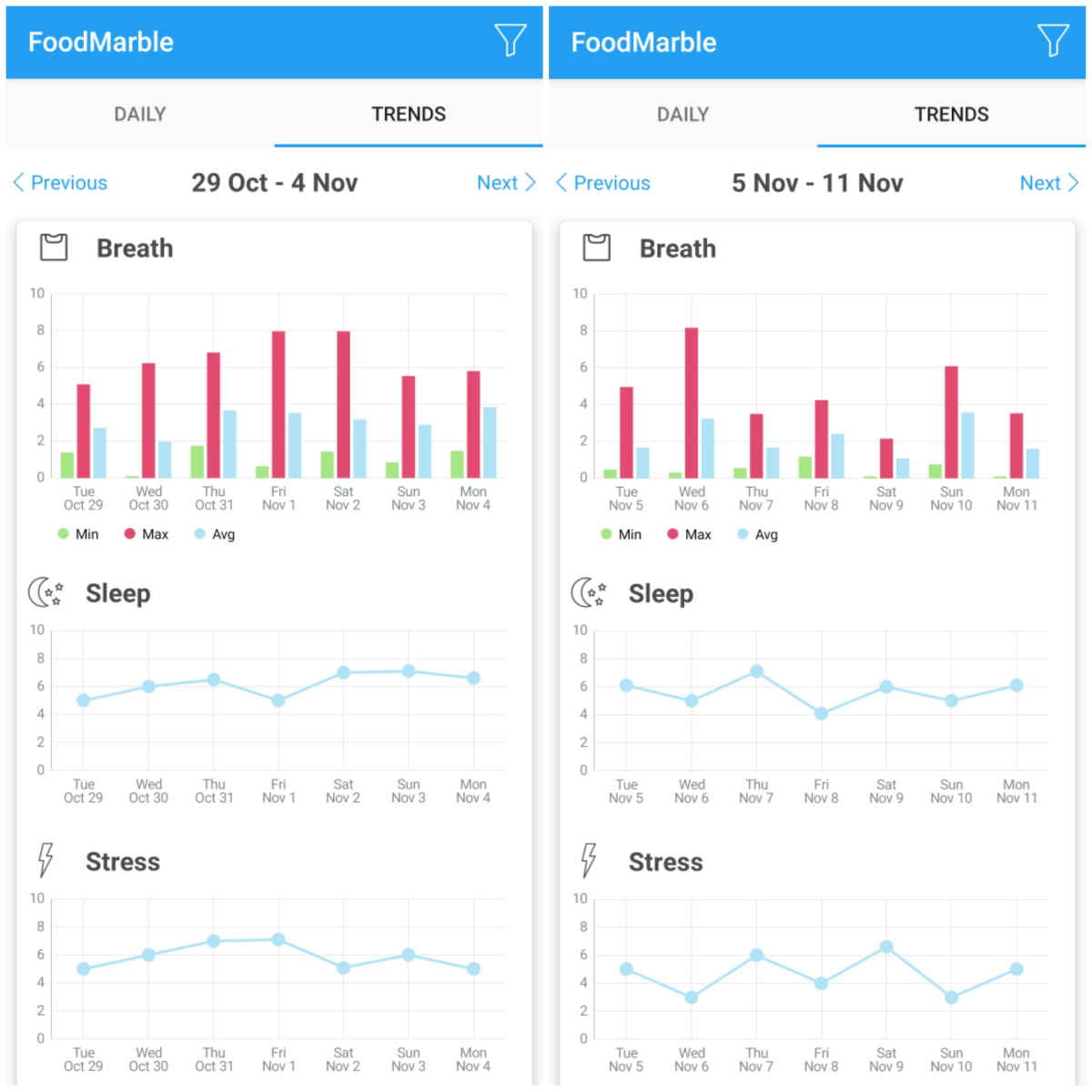Hello and welcome to the first instalment of The Digest, our new dedicated space for you, our FoodMarble community, to get to the bottom of commonly asked questions across our social media platforms.
Customer feedback is crucial to the development of the FoodMarble AIRE. We want you to begin your journey of digestive discovery with all the necessary information and guidance that you might need. We want to help you cut out the guesswork and get back your digestive confidence.
I just want to say thank you on behalf of the FoodMarble team.
Thank you for taking the time to get in touch with your feedback and suggestions. We are always striving to make a better product and experience for those who suffer with digestive problems, or those who are simply interested in tracking their response to food. So keep’em coming, we are always listening!
Now, let’s get stuck into The Digest!
A question we regularly receive is “How often should I do breath tests?”
When you first receive your device you may find yourself asking some of the following questions:
How many breath tests should I take per day?
When are the best times to take a breath test?
Do stress and sleep really affect my fermentation levels?
If so, fear not.
In the first edition of The Digest, let me take you through a typical day for me, sharing my top tips on how I easily integrate FoodMarble AIRE into my daily routine.
This will hopefully guide you on the recommended number of breath tests per day, the most beneficial times to take a breath test reading, and the importance of logging food, symptoms, stress and sleep to get the most from your FoodMarble AIRE.
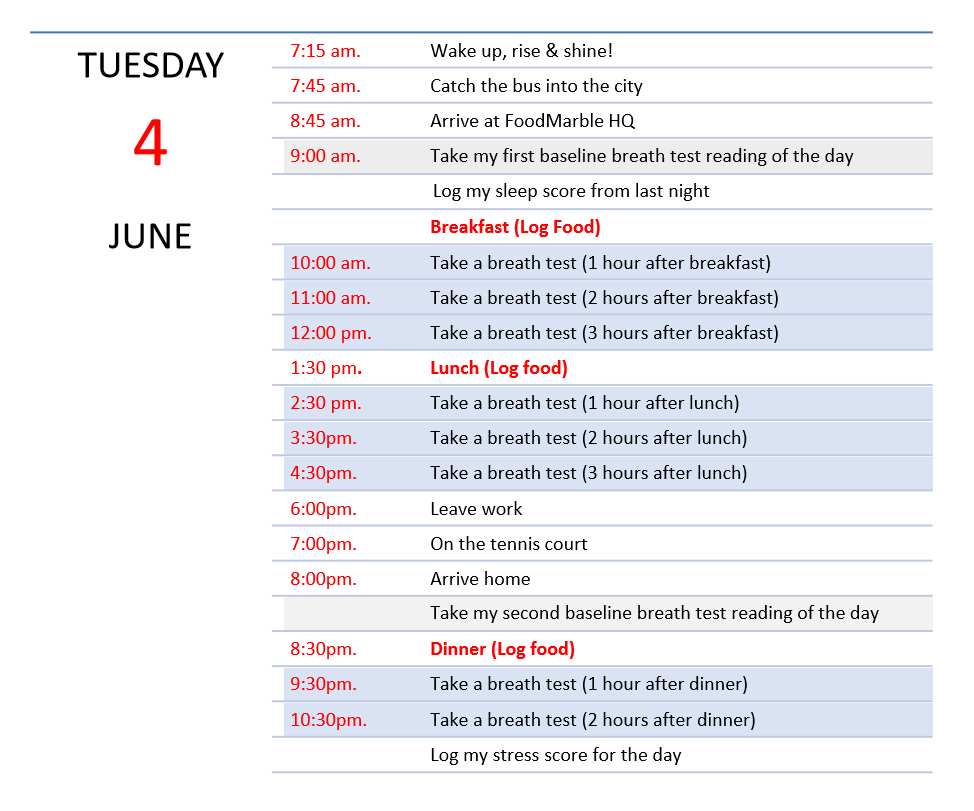
My Top Tips
Take a Baseline breath reading
It’s important to take a baseline breath test reading at the beginning of each day, before consuming any food or drinks (except for water of course). This keeps you aware of your baseline Fermentation Score (F-Score). This allows for a better understanding of your unique response to food/ drink consumed thereafter throughout the day.
Take hourly breath tests after you eat
When you eat, it takes a number of hours for the food to pass through your digestive system and for fermentation to start happening. That’s why we recommend taking hourly breath tests after you eat. This also gives time to clear out any condensation (moisture) in the device between breaths. We also recommend taking no more than 10 breath tests per day to maximise the life of the device. You can see how I fit these timings into my schedule above.
Most of our meals contain different hard-to-digest FODMAP components such as lactose, inulin, sorbitol or fructose. Each of these FODMAPs ferment at different rates within the gut and everyone has a different gut transit time, i.e. the amount of time it takes for food to move through the digestive system. By testing at regular intervals, it will ensure that you are getting the best results from your FoodMarble AIRE.
Anchor new habits to existing ones
When trying to create a new habit, I agree with behavioural science research that ‘the best way to create a new habit is to anchor it to an existing one.’ For example, I like to kickstart every day with a bowl of porridge.
The perfect microwave porridge bowl
2 minutes 30 seconds on Full Power > Stir > 1 minute on Full Power > Stand for 1 minute, served with some fresh berries and linseeds on top.
Check out this blog from our Chief Scientist Dr Claire on the importance of fibre for your gut health.
While my porridge is in the microwave I have ample time to complete my first baseline breath test reading of the day, rate my sleep from the night before and log my breakfast. An easy win that gets my daily digestive tracking off to the right start.
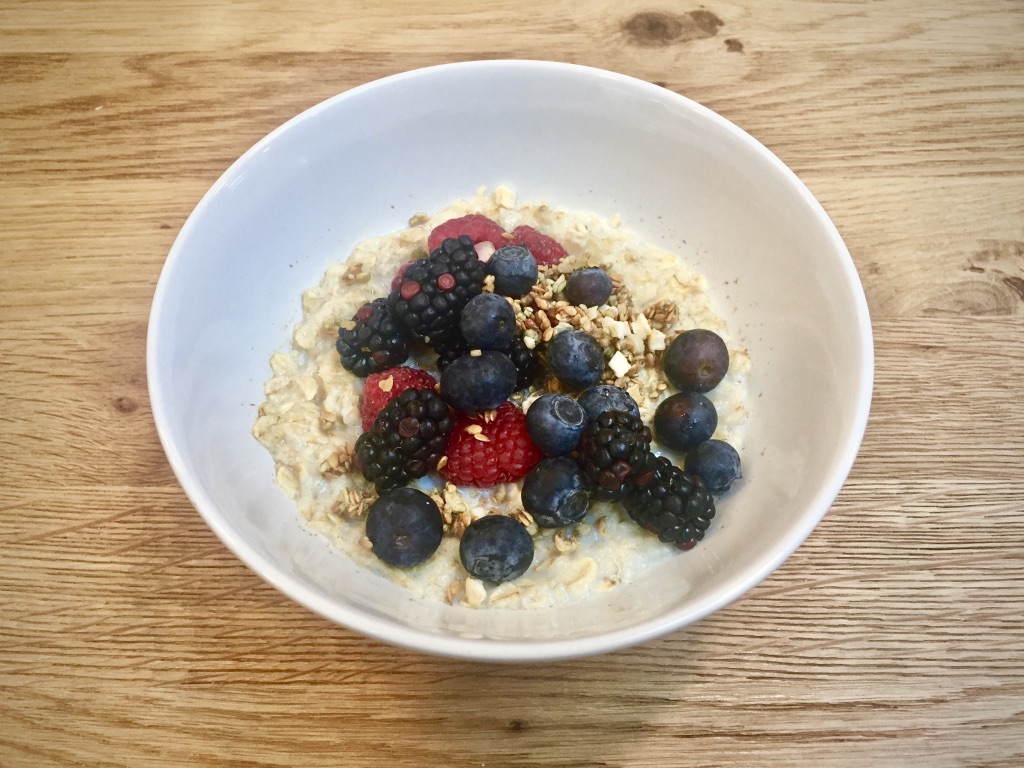
Daily anchors
Think about your daily anchors – things you consistently do – such as getting dressed, brushing your teeth, having breakfast, making your first tea or coffee, and link it to your new habit, such as taking an initial daily baseline breath test reading, logging your sleep score or first meal of the day.
Handy app features
It may seem like a big commitment, but we have developed the FoodMarble AIRE app to be user friendly and useful. Three handy features to make you aware of are “Notifications”, “Frequent Meals” and “Filters”.
Feature: Notifications
Notifications can be set up manually within your settings to fit around your daily routine. For example you can set up a notification to remind you to log your lunch 10 minutes after your normal break time. The app will also automatically set up a breath test notification after logging a meal (just hit the little bell symbol in the top right hand corner of the screen).
Feature: Frequent meals
Let’s be honest, for the most part we all eat the same 10-20 meals in rotation with slight alternatives here and there. The frequent meals feature allows you to easily log a previously logged meal with the option to edit if necessary.
Feature: Filtering
The filter feature allows you to easily filter days or events, so you can look back through your results to find the days something happened, for example the days you had a high breath reading. This allows you to more easily see what might be linked to the high breath readings, e.g. particular meals, or particular symptoms etc.
Don’t forget to log those sneaky snacks and drinks!
As long as you’re logging all your main meals, it’s easy to disregard the importance of those in-between snacks, right? Wrong! Don’t be fooled, if like me, those pesky dried mango pieces were the culprit behind escalating F-Scores. Likewise, there’s FODMAPs in a lot of drinks, so make sure to log them too!
Fit exercise into your routine
Exercise is an important part of my weekly routine, not solely for the physical health benefits but also to relax and clear the mind. It has been demonstrated that ‘physical exercise has a positive impact on relieving excess gas and related symptoms (abdominal pain)’ for those suffering with digestive issues. So, if like me, you enjoy playing tennis, or if running, cycling or swimming is more your thing, dedicate time to it in your weekly routine. Maybe join up with someone else, and just get out there and start moving!
Logging your sleep and stress is just as important
Sleep and stress score logging are no less important, and research has shown that both of these factors have a huge impact on your digestive symptoms. My top tips are to log your sleep score in the morning when you have a better idea of your previous night’s kip, and to log your stress score at the end of the day, when you are in the comfort of your own home and can review the day’s happenings rationally.
Remember to log your symptoms
Last but certainly not least, it is very important to keep track of any symptoms you may experience. Be disciplined in logging your symptoms over time and this will ultimately play a huge part in identifying the foods which are causing you discomfort. Remember – a high breath reading indicates a high fermentation level – but this is not a bad thing on its own. It’s when there are accompanying digestive symptoms that you need to look at what the food culprits might be.
If you have any further questions or feedback on any of the information above, don’t be afraid to reach out. If you want to see a question answered on the next edition of The Digest please get in contact!
We are always here to help, and ever willing to learn from our digestive loving, FoodMarble customers. You can send us an email to hello@foodmarble.com or reach us through the Contact section on the app. And don’t forget to follow us on our social media to get the latest!
FoodMarble is the world’s first personal hydrogen breath tester. It is a pocket-sized breath analysis device. It helps people with chronic digestive issues determine the foods that work best with their digestive system. To learn more about FoodMarble, visit www.foodmarble.com.

